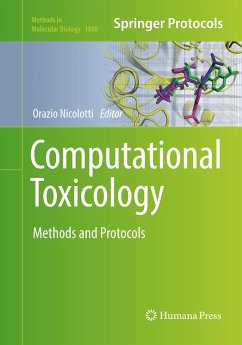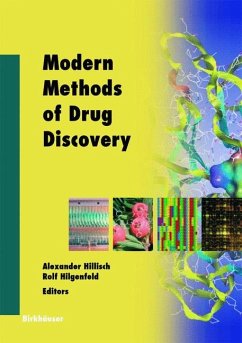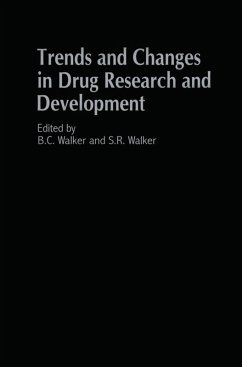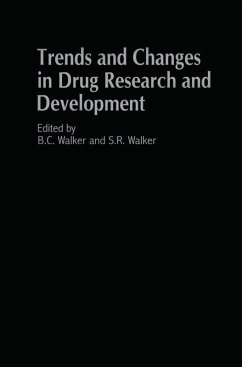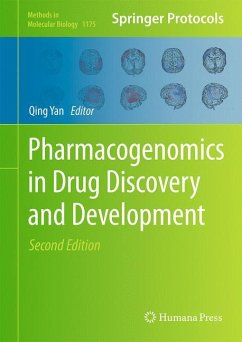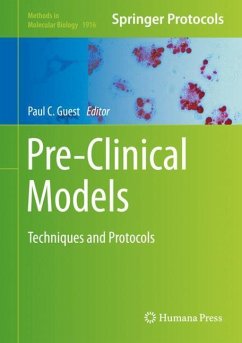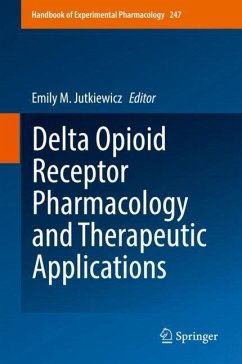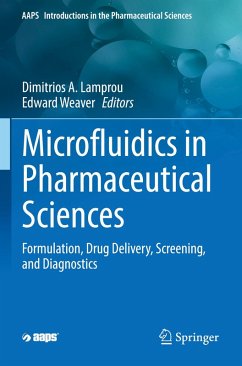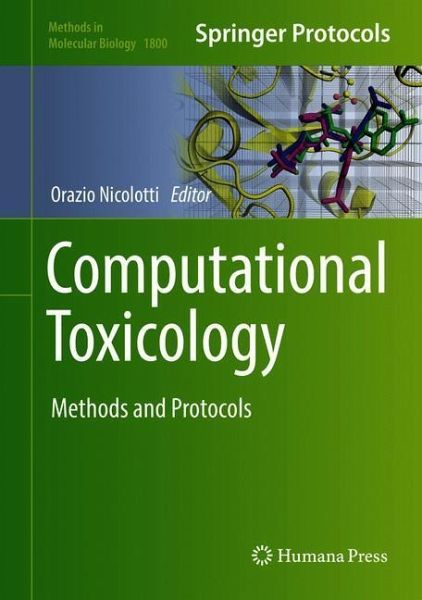
Computational Toxicology
Methods and Protocols
Herausgegeben: Nicolotti, Orazio

PAYBACK Punkte
65 °P sammeln!
This volume explores techniques that are currently used to understand solid target-specific models in computational toxicology. The chapters are divided into four sections and discuss topics such as molecular descriptors, QSAR and read-across; molecular and data modeling techniques to comply with both scientific and regulatory sides; computational toxicology in drug discovery; and strategies on how to predict various human-health toxicology endpoints. Written in the highly successful Methods in Molecular Biology series format, chapters include introductions to their respective topics, lists of...
This volume explores techniques that are currently used to understand solid target-specific models in computational toxicology. The chapters are divided into four sections and discuss topics such as molecular descriptors, QSAR and read-across; molecular and data modeling techniques to comply with both scientific and regulatory sides; computational toxicology in drug discovery; and strategies on how to predict various human-health toxicology endpoints. Written in the highly successful Methods in Molecular Biology series format, chapters include introductions to their respective topics, lists of the methods and software tools used, step-by-step, readily reproducible computational protocols, and tips on troubleshooting and avoiding known pitfalls.
Comprehensive and cutting-edge, Computational Toxicology: Methods and Protocols is a valuable resource for researchers who are interested in learning more about this expanding field.
Comprehensive and cutting-edge, Computational Toxicology: Methods and Protocols is a valuable resource for researchers who are interested in learning more about this expanding field.





